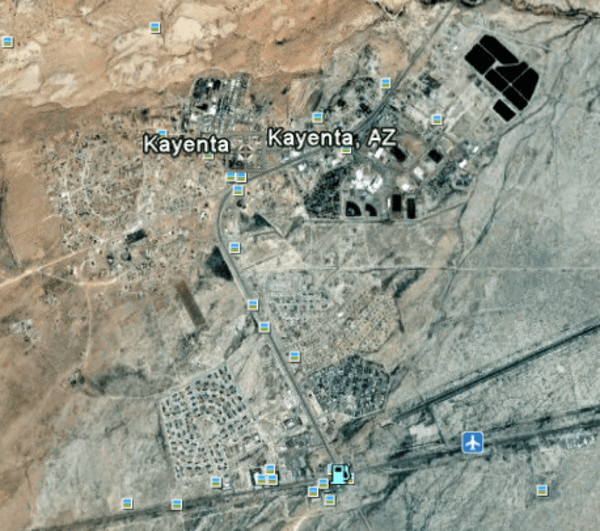We’ve written before about the innovative use of Google Earth to locate a previously unknown human ancestor. Archaeologists are now using the service to find and to guard against a persistent foe of the record of human life on the planet: looters.

The Google Earth Blog (different from the official Google LatLong blog) traced the development of Google Earth as an anti-looting tool.
Elizabeth Stone, an archaeologist at the SUNY Stony Brook, did an extensive satellite survey of Iraq to determine the level and location of the looting that has gone on there. Another archaeologist, Daniel Contreras, was inspired by Stone’s work and did the same thing for Peru, his area of expertise. As the blog says, “He couldn’t afford to purchase expensive satellite imagery, but soon found that Google Earth imagery did the job.”
He published his findings in an article in Antiquity.
If the Web world has democratized publishing to some degree, it seems likely that other areas of human investigation, such as archaeology, are starting to also see the effects of easy, or easier, access to information. Humans can be operatically stupid, but we can also be awfully intelligent and insightful. The right tools, for less money, give more people a chance to see things others haven’t. Contreras has seen the use of Google Earth as a way to survey and track looting. Catching a looter in the act is unlikely until and unless Earth goes real-time. But keeping track and produce information that in turn can create public policy regarding our intellectual and physical patrimony.

“The technology is all there,” Contreras told Archaeology’s Pringle. “It’s just a question of how to administer it. And I think this would make people a little more aware of the problem of looting, as well as providing a tangible source of documentation for archaeologists.”
Archaeologist Anthony Beck cautions against thinking of Google Earth as a researcher’s cure-all. Free data, he says, comes at a price.
“(T)he user does not get direct access to the raw data in the viewer. This is generally important for an image interpreter as it allows them to enhance the image to provide improved interpretation. Instead, a generalised product is streamed that has been compressed using a wavelet technique. This compression technique significantly reduces file size at the expense of spatial and spectral definition.”
In terms of popularizing the problem, though, and influencing public policy, Google Earth may well have a role to play. Mention Google Earth to anyone likely to be interested in the preservation of human legacy on the planet and they’ll probably know what you’re talking about, and more to the point, be able to look at the same data you did in the same way. Talk about World Wind Landsat or Ikonos MS and you’re likely to lose all but the pros. And the pros don’t set public policy, not without the plebes.










